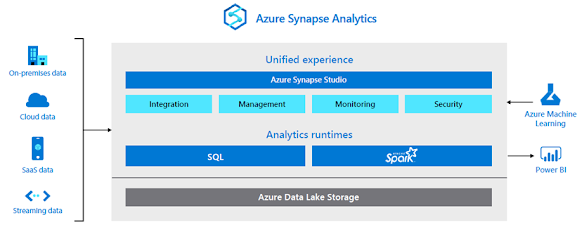Closer look at DataFlex Microsoft Teams integrations
Microsoft recently announced Microsoft Dataflex for Teams and renaming of the Common Data Service to Microsoft Dataflex Pro.
Microsoft Dataflex for Teams delivers a built-in, low-code
data platform for Teams and enables everyone to easily build and deploy apps
and intelligent chatbots in Teams with Microsoft Power Apps and Microsoft Power
Virtual Agents.
Data
Types
Dataflex for Teams supports relational data and includes
capabilities to find, filter, and sort that data. It includes support for basic
data types, as well as complex data types like images and files. Dataflex for
Teams also includes a version of the currency data type found in Dataflex Pro
as well as other popular capabilities such as the ability to do roll up and
calculated fields.
In Dataflex for Teams, the new editable grid will help you
quickly create and populate new tables with your data. The included User table
is based on the Common Data Model (CDM) and additional support for Common Data
Model (CDM) based tables is coming soon.
Dataflex Pro includes a host of additional capabilities over
Dataflex for Teams, including non-relational data (logs), managed data lake,
relevance search, and offline data for mobile. It includes support for advanced
data types and robust support for the Common Data Model (CDM) today.
Activities and Activity Feed tables are included in Dataflex
Pro only and were not included in Dataflex for Teams as similar concepts were
already present in Teams.
Note – At the time of this writing, tables for AI Builder
are not currently included in Dataflex for Teams. Customers can use or upgrade
to Dataflex Pro to take advantage of these capabilities.
Solution
development options
In Teams, people collaborate around documents in different
ways – some you create yourself, some you create in collaboration with
teammates, or others you acquire from trusted sources.
Power Platform and Dataflex for Teams bring this same model
to building and using apps, chatbots, flows, and data. Dataflex for Teams
includes a solution that is used for developing low code and no code
applications directly within Microsoft Teams.
In addition to building your own applications and solutions,
you can discover solutions and templates from trusted sources in a gallery,
easily install them, and optionally customize them for your organization.
In the future, Dataflex for Teams will also support classic import and
export of solutions.
With data visualization being a core piece of many
solutions, it was important to support graphs and charts in applications.
Dataflex Pro extends these capabilities even further with support for paginated
reports.
In Dataflex for Teams, Power Automate is used for the
creation of workflows. It does not include support for business rules or
classic workflows found in Dataflex Pro.
Dataflex for Teams is focused on low code/no code
development. Certain capabilities such as developer API access and plug
in support will not be available at launch, but can be found in Dataflex Pro.
Dataflex Pro and Power Apps currently support model driven
apps today and these will be coming to Dataflex for Teams later this year.
In addition to use within Teams, Dataflex Pro can also be natively accessed in Microsoft Excel, synced with Microsoft Outlook, and power applications written for mobile, web, and desktop.
For
further queries & assistance
As a Microsoft Gold certified partner, we have extensive
experience in delivering Office 365 based records management-based solutions. We
have Office 365 consultants in Melbourne & Sydney. For more information,
please contact us from enquiries@prometix.com.au


Comments
Post a Comment